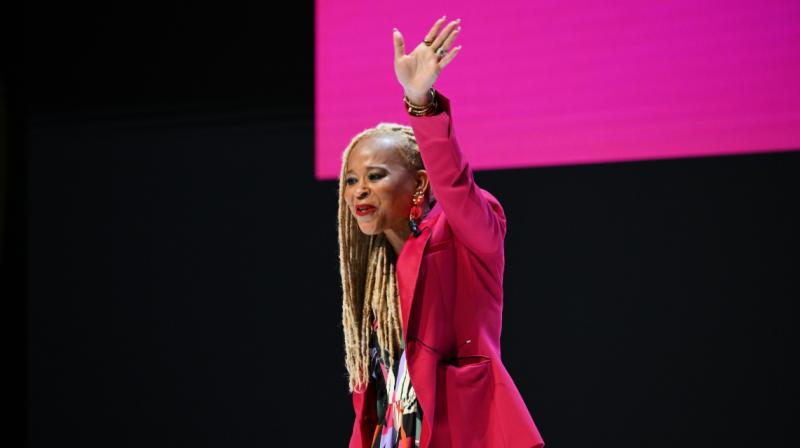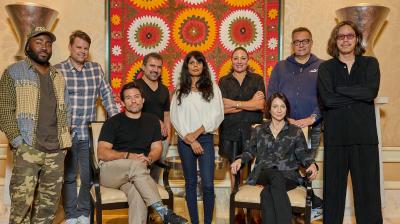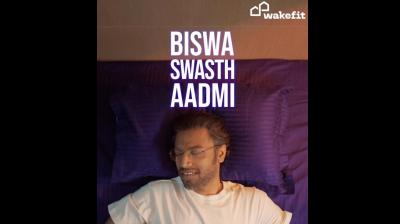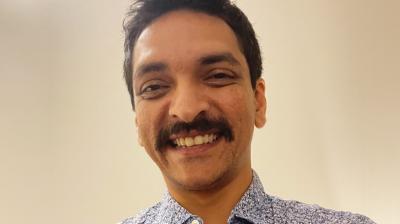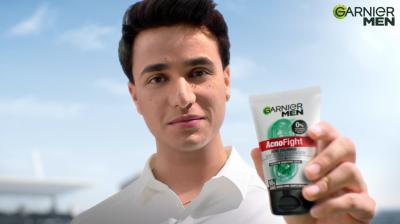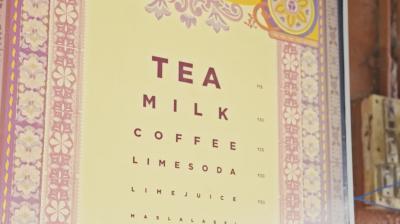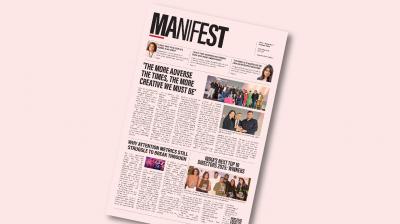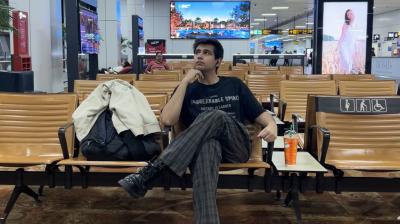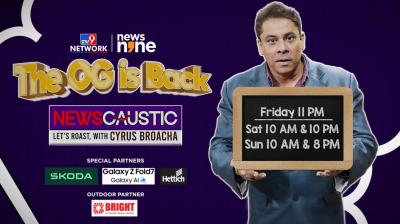Day three of the Cannes Lions International Festival of Creativity opened with Esi Eggleston Bracey, chief growth and marketing officer, Unilever, stating how it’s a global and purpose-driven company committed to making a difference to the world through its products, with some examples.
“Around 3.4 billion people use our products every day. We want to make our brands preferred. We know that creativity is central to all of that and that’s why I’m so proud that we are ‘Creative Marketer of the Year’ at Cannes this year. This award recognises our agency partners and our outstanding marketing team,” she said before getting into the topic of her presentation which was titled ‘you’.
Explaining this, she said, “We see 'you' as a person - as a whole and not as a consumer. It’s a marketing fundamental but you need to go beyond the person you are selling to. Tap into a person’s full needs. Some of them won’t be obvious. Some of them won’t even know they have those needs. You have to observe and uncover them.”
The second ‘you’ she referred to through this presentation were the creatives and marketers.
“You have to free yourself to see the whole person without biases,” she said.
She then dived into Dove’s ‘Real Beauty’ campaign which was kicked off 20 years ago.
“It was based on the insight that only 2% of women thought they were beautiful. This was damaging them and their self-esteem. Young girls weren’t participating in the classroom, or sports and skipped meals leading them to become malnourished. Dove committed to change that,” she said.
“I wasn’t at Unilever when this campaign was released. Back then, using everyday women wasn’t working for businesses. Women didn’t think it was aspirational. Dove changed the game for the industry and the campaign for real beauty changed the game for Dove. It’s at 6 billion euros business now,” she added.
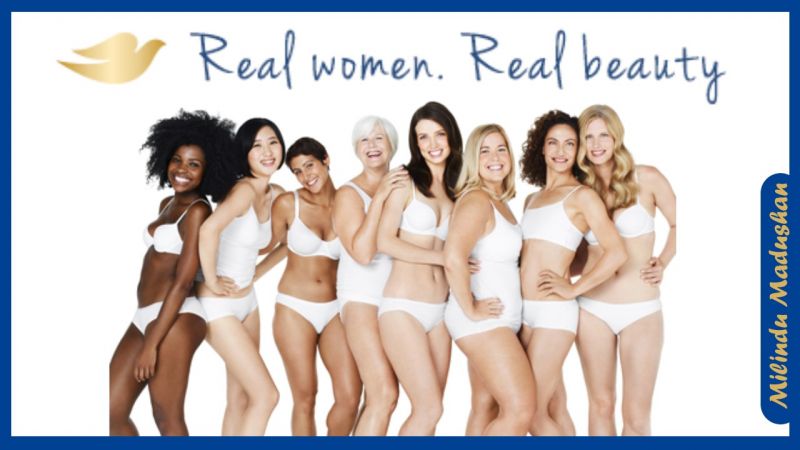
She went to speak about the latest instalment of the campaign, ‘#KeepBeautyReal’.
“Women and girls still feel pressure to be a certain kind of beautiful. One of the biggest threats to beauty representation is AI. One out of three women still feel the pressure to alter their appearances using AI. That’s why the winner of Unilever’s Creative Bravery of the Year – asked an important question – what kind of beauty do we want AI to learn,” she stated before showcasing the #KeepRealBeauty campaign.
“The campaign has moved beyond an advertising moment to a movement. It will continue to be relevant. I can relate to this myself,” she said.
She went on to narrate a personal story related to her hair.
“At the age of eight, I wore an afro, then had textured hairstyles and braids. I started thinking straight hair is better just a few years later. All the women with my kind of hair started wearing the straight hairstyle. I got it clinically done. It was the standard we had to use to fit in and be professionally acceptable. I was one of two black women in a team of 60. I had to conform to blend in,” she said.
“25 years ago I had my 'aha' moment. I did the big chop and went natural. And have then had various natural hairstyles. When we conform, it makes it harder for people who don’t fit the norm to blend in. That was coincidentally when I became more of myself and successful. There were countless women sent home from school because of hair issues,” she said before revealing the Dove Crown Act.
The next campaign she spoke about was the detergent businesses’ ‘dirt is good’ campaign.
“Brands must stay true to their value but not be stuck in a rut. A family of brands known through Ala, Omo, Persil and Surf among others chose a different route around 20 years ago. Back then, a clean kid meant a good mother. So, kids were getting less active. The reality is the more physical and out in the world children are, the more fulfilled they feel. A counterintuitive idea of embracing dirt was launched. We made dirt the ally. We wanted them to experience the world and grow. We had the conviction to say dirt is good,” she explained before showcasing the latest instalment of the ad from the UK.
“We made the product as the villain but the young girl is the hero. This deeply human approach applies to brand innovations,” added Bracey.
She also spoke about the viral tweet from Joanna Maciejewska about AI.
You know what the biggest problem with pushing all-things-AI is? Wrong direction.
— Joanna Maciejewska—Snakebitten is on preorder now! (@AuthorJMac) March 29, 2024
I want AI to do my laundry and dishes so that I can do art and writing, not for AI to do my art and writing so that I can do my laundry and dishes.
“All washing machines are helping with shorter wash cycles, but not all detergents are helping with this. But we have Wonder Wash with Persil and got Usain Bolt to signify its speed. It’s designed for shorter cycles,” she said.
She went on to state ‘everything is changing in marketing, yet nothing is changing’.
She explained, “The need to understand people won’t change. But what’s changed is people’s lives driven by technology like AI. The future of marketing has to be more inclusive, innovative and impactful. Every moment is a creative and commerce moment. It connects to sales. We need short bursts of attention.”
She showcased how Hellmann’s Mayo went down that route by using humour during the Super Bowl to up the conversation around food waste. The result of this was that there was a 24% increase in conversations around food waste after the Super Bowl final.


